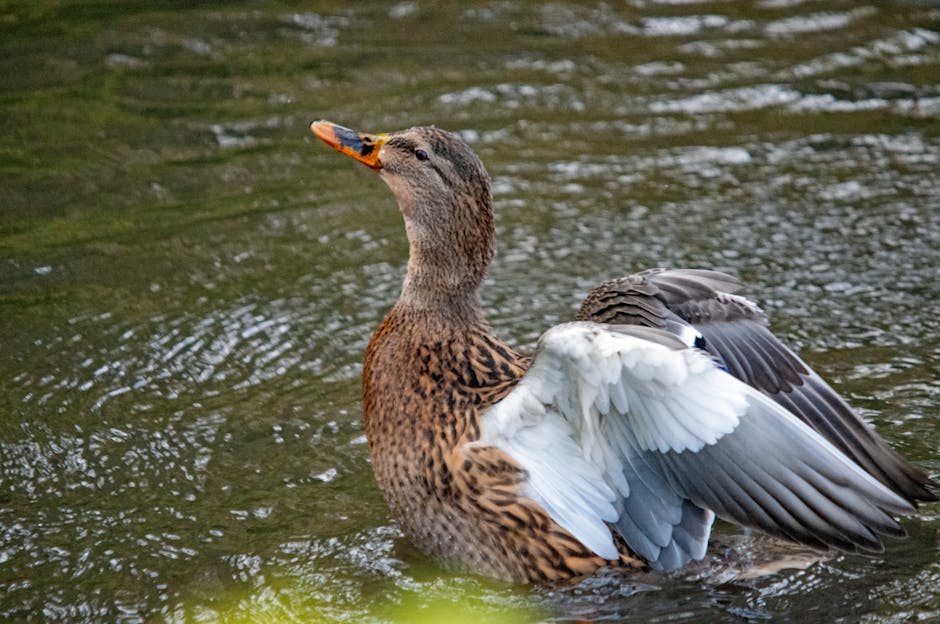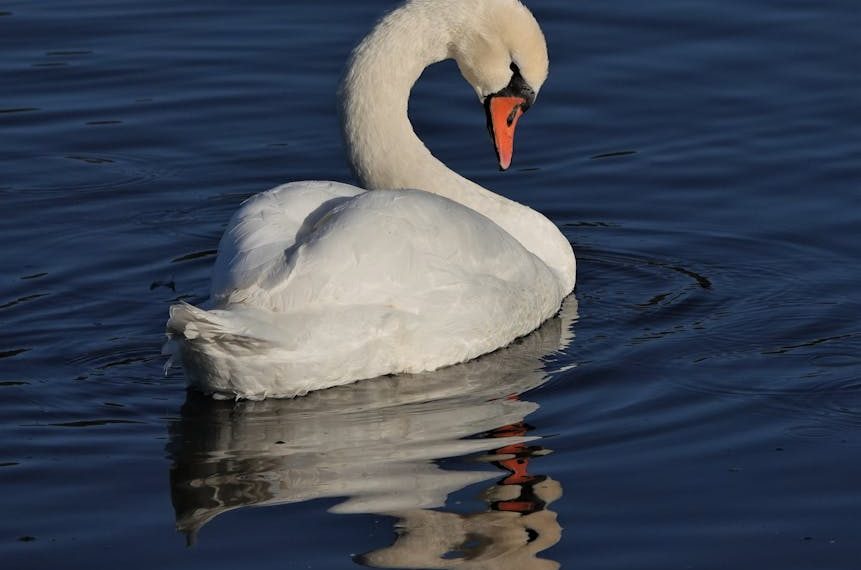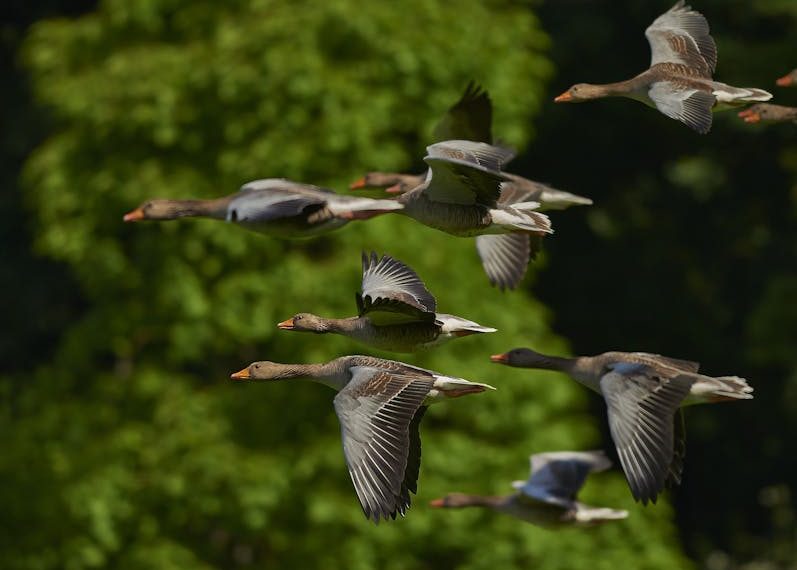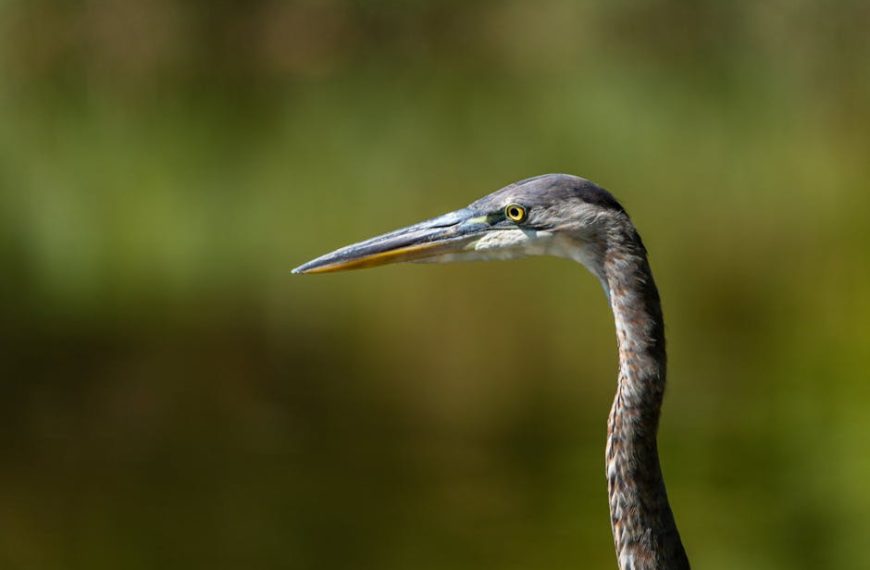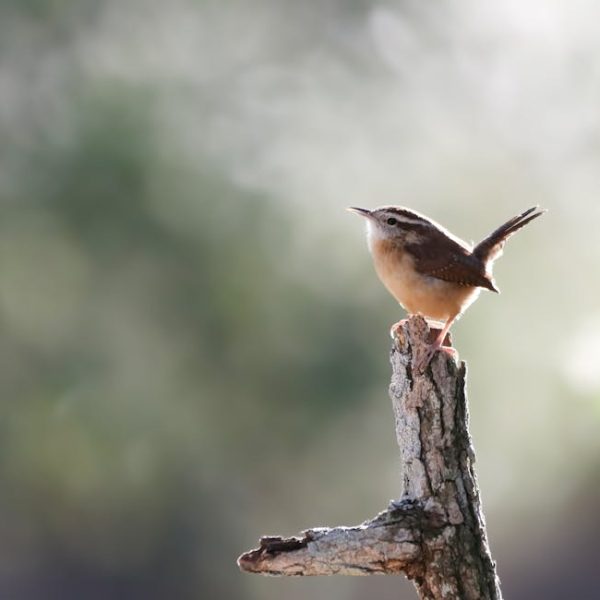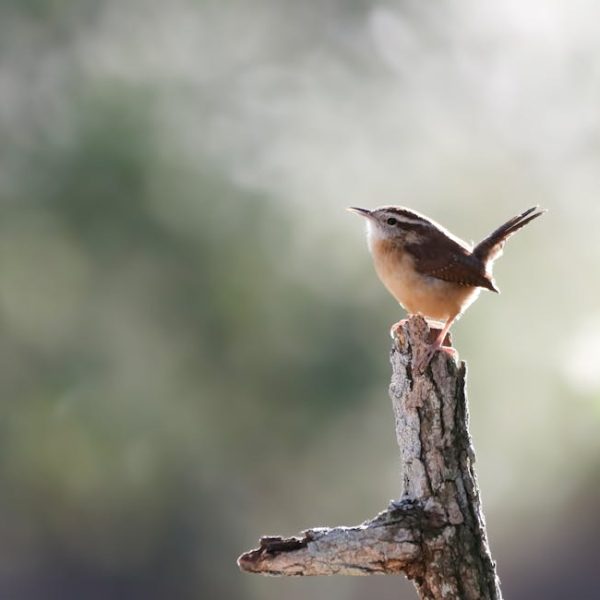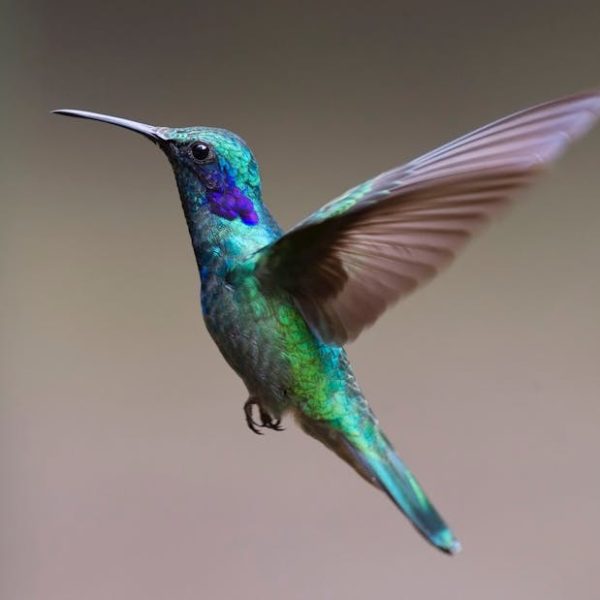Birds are beautiful creatures, but they can become a nuisance when they make themselves comfortable on your deck, leaving droppings everywhere, and even causing potential harm to the deck’s structure. Understanding why birds frequent your deck and finding ways to make it less appealing are the first steps towards maintaining a bird-free space.
Understanding the Causes of Bird Intrusion
Seemingly benign activities and features around your home may unknowingly attract birds. Common bird attractors include:
- Availability of food: Leaving pet food outdoors or an overflowing bird feeder can be an open invitation for birds.
- Water sources: Birds are attracted to water for drinking and bathing. A bird bath or any standing water source can attract birds.
- Nesting sites: Certain structures of homes serve as perfect nesting sites for some bird species.
Pro Tip: A keen understanding of avian behavior can greatly aid in reducing bird presence. For example, knowing that birds are creatures of habit and they will keep coming back to a spot where food and water is available can be a breakthrough in your quest for a bird-free deck.
Checklist:
- Keep pet food indoors
- Control compost heaps as they can serve as food sources
- Secure trash cans
- Limit the usage of bird feeders and keep them away from the deck
- Remove standing water sources
- Fill potential nesting crevices and maintain trees and shrubs near the deck
Methods to Deter Birds from Your Deck
Different deterrent methods can keep birds at bay. These include:
- Bird nets: These can prevent birds from accessing certain areas of your deck without obstructing views.
- Strips and spikes: Designed to create an unfavorable environment for roosting.
- Ultrasound devices: Emit sounds birds find disturbing, but humans can’t hear.
Best Practices:
- Regularly maintain and clean deterrents
- Change the location of deterrents intermittently to avoid birds getting used to them
- Make sure the methods you adopt are safe for birds
- Check for the possibility of any negative impact on other local wildlife
Comparison:
| Deterrent Method | Pros | Cons |
|---|---|---|
| Bird nets | Transparent—doesn’t block the view | Require regular maintenance |
| Strips and spikes | Effective in preventing bird roosting | Potentially harmful if not correctly installed |
| Ultrasound devices | Disturb birds not humans | Potentially expensive |
Coming up with a plan that fits your situation and being consistent are keys to effective bird deterrence. Whether it’s natural repellents or bird control products, you must apply an approach that will not harm birds, respecting their existence and the role they play in our ecosystem.
Creating a Less Attractive Environment for Birds
One way to prevent bird visits is by altering your deck environment to make it less appealing to them. Some ways include:
- Reducing food exposure: Birds will keep returning if they know food is available. Clean your barbecue grill after use, don’t leave pet food outside, secure trash bins, etc.
- Eliminating water sources: Any standing water sources such as puddles or pet water bowls serve as attractions. Remove these to lessen the appeal of your deck.
- Decreasing potential nesting areas: Make your deck less friendly for nesting. This could mean securing the roofing underneath your deck or trimming creepers and tree branches near your deck that may serve as nesting places.
Checklist:
- Clean up after meals on your deck
- Empty water trays of potted plants
- Keep trash cans securely closed
- Trim tree branches that hang too close to your deck
Best Practices:
- Regular deck maintenance
- Routine inspection for potential nesting places
- Quick cleaning of any bird droppings to discourage repeat visits
Options for Natural Bird Repellents
Natural bird repellents can be a bird-friendly and eco-friendly solution to keep birds away from your deck. Here are a few options:
- Herbs and spices: Birds detest strong scents. Planting herbs such as lemongrass, rosemary, or spreading spices such as cayenne pepper on your deck can deter bird visits.
- Reflective surfaces: Birds avoid shiny, reflective surfaces. Hanging old CDs, aluminum foils, or other reflective objects around your deck may be a handy deterrent.
- DIY concoctions : Homemade mixtures such as a blend of water, vinegar, and chili pepper can deter birds when sprayed around your deck.
Pro Tip: Use these natural repellents in conjunction with other deterrent methods to boost effectiveness.
List:
- Herbs (Rosemary, Lemongrass, Mint)
- Spices (Cayenne pepper, Chili powder)
- Reflective objects (Aluminum foils, Old CDs)
- DIY spray (Water, Vinegar, Chili pepper mixture)
Legal Considerations in Bird Control
Before you order bird spikes or nets, remember that some bird species are protected by law and it’s illegal to harm or even disturb them. Hence, it’s essential to be aware of the local rules and regulations when dealing with bird intrusion problems.
- Familiarize yourself with local wildlife regulations
- Identify bird species visiting your deck
- Avoid deterrent methods that may harm the birds
- Keep the bird deterrence humane and non-lethal
Pro Tip: Involve local conservation bodies or nonprofits for guidance regarding legal and respectful bird deterrence.
Comparison:
| Methods | Legal | Potentially Illegal |
|---|---|---|
| Bird nets | ✔️ | ❌ |
| Anti-roosting spikes | ✔️ | ❌ |
| Ultrasound devices | ✔️ | ❌ |
A little planning can go a long way in maintaining your deck bird-free. Implement these steps consistently and you’ll have a peaceful, enjoyable deck while cohabitating harmoniously with our feathery friends.
Key Takeaway:
- Understanding what attracts birds to your deck, like sources of food, water, and potential nesting sites, is crucial in keeping them away.
- Several deterrent methods, such as bird nets, anti-roosting spikes and ultrasonic devices, can be effective in preventing bird intrusion.
- Altering the deck environment to make it less appealing to birds by reducing food exposure, eliminating water sources, and decreasing potential nesting sites can also be beneficial.
- Natural bird repellents like certain herbs, spices, or DIY concoctions can be used as an eco-friendly solution.
- It is crucial to understand the legal implications of bird control and ensure that the methods used are ethical and do not harm the birds.
Keeping your deck bird-free doesn’t have to be a daunting task. By understanding the causes of bird intrusion and implementing the recommended deterrent techniques and maintenance routines regularly, tranquility on your deck can be restored. Remember to make sure your methods are harmless and abide by local wildlife regulations to ensure the birds are safe and that you’re respecting these beautiful creatures’ role in the ecosystem.
FAQs
Q: Can I use a mild electric shock to keep birds off my deck?
A: While certain methods involving mild electric shocks are used in commercial situations to deter birds, it’s better to stick to non-harmful, humane methods at home like natural repellents or using deterrents like bird nets or spikes.
Q: What should I do if a bird has already built a nest on my deck?
A: If a bird has already built a nest, it’s best to wait for any newborn chicks to fledge and leave the nest before removing it. Make sure the species is not protected by local laws before you take action.
Q: Do ultrasonic devices affect other animals?
A: Ultrasonic devices are designed to emit sounds that can be heard by birds. While many household pets like dogs and cats may not be affected, it’s still important to consider the impact on local wildlife.
Q: I noticed a protected species nesting on my deck, what should I do?
A: If you find a protected species nesting on your deck, it’s best to get in touch with local wildlife authorities for advice. They can guide you on legal and humane ways to deal with the situation.
Q: Can I use bird feeders and still keep birds off my deck?
A: Yes, but it’s better to place bird feeders farther away from your deck. This way, birds are drawn away from your lounging area but can still feed.
Don’t forget to share this article and explore more posts on our website to maintain harmony with the local birds while enjoying your deck.
